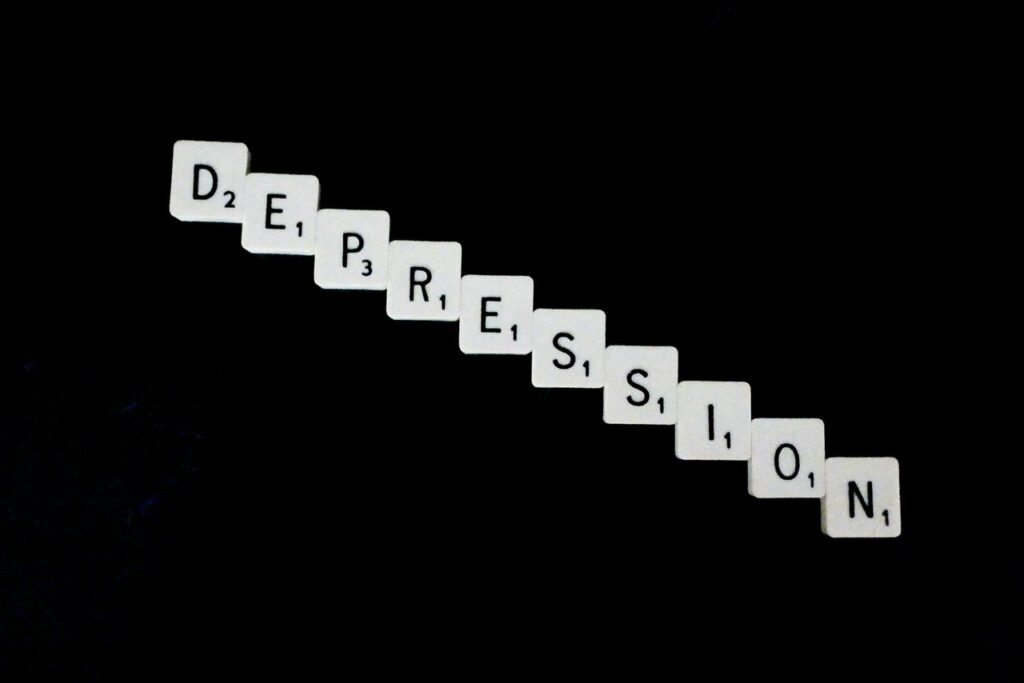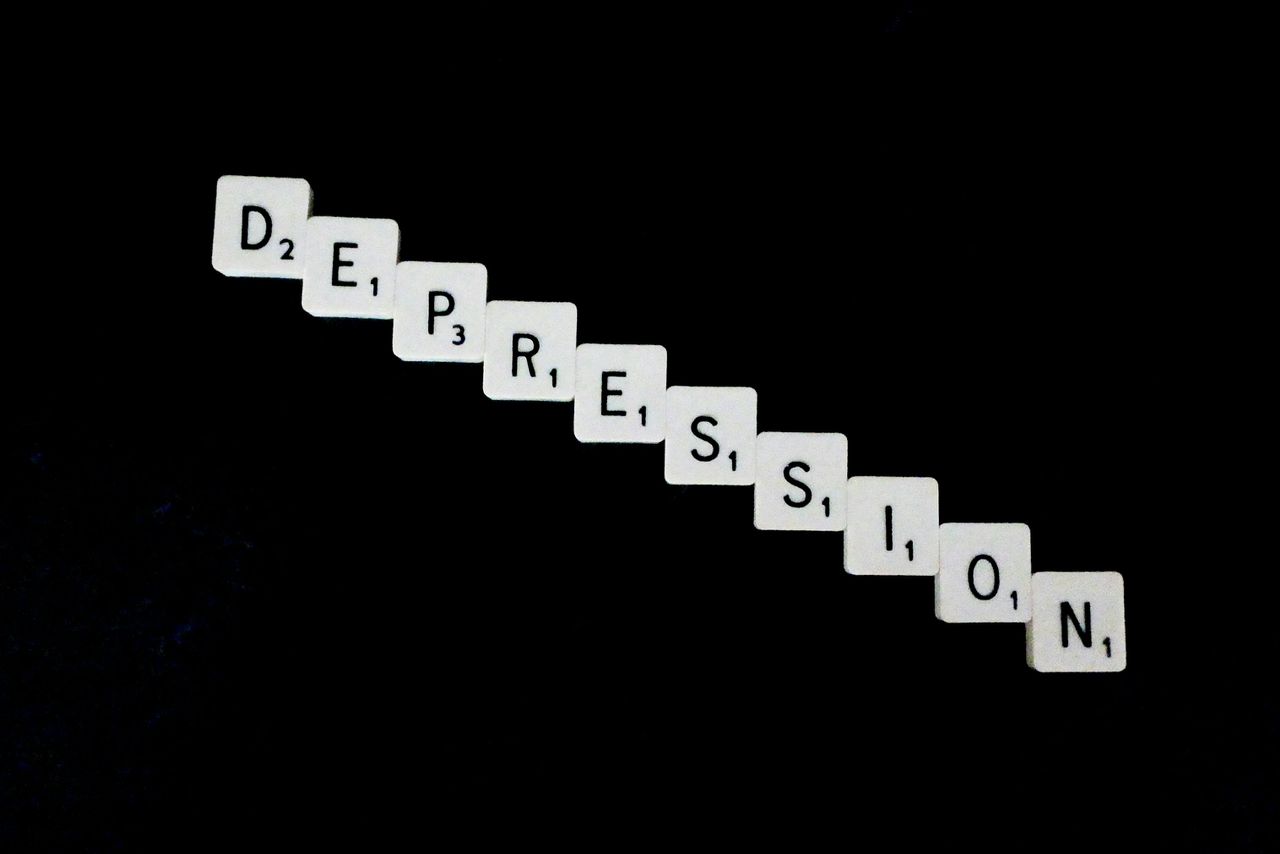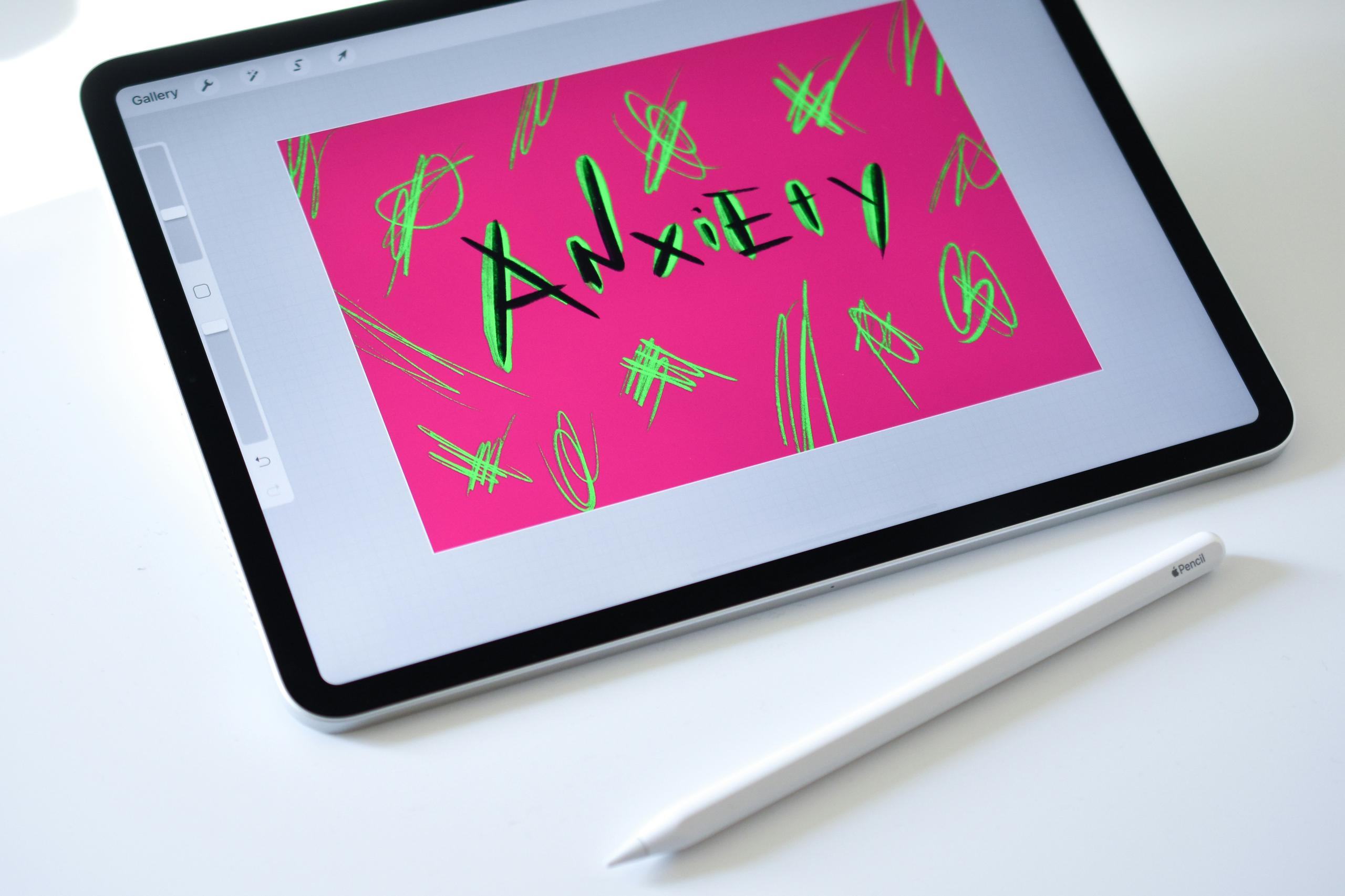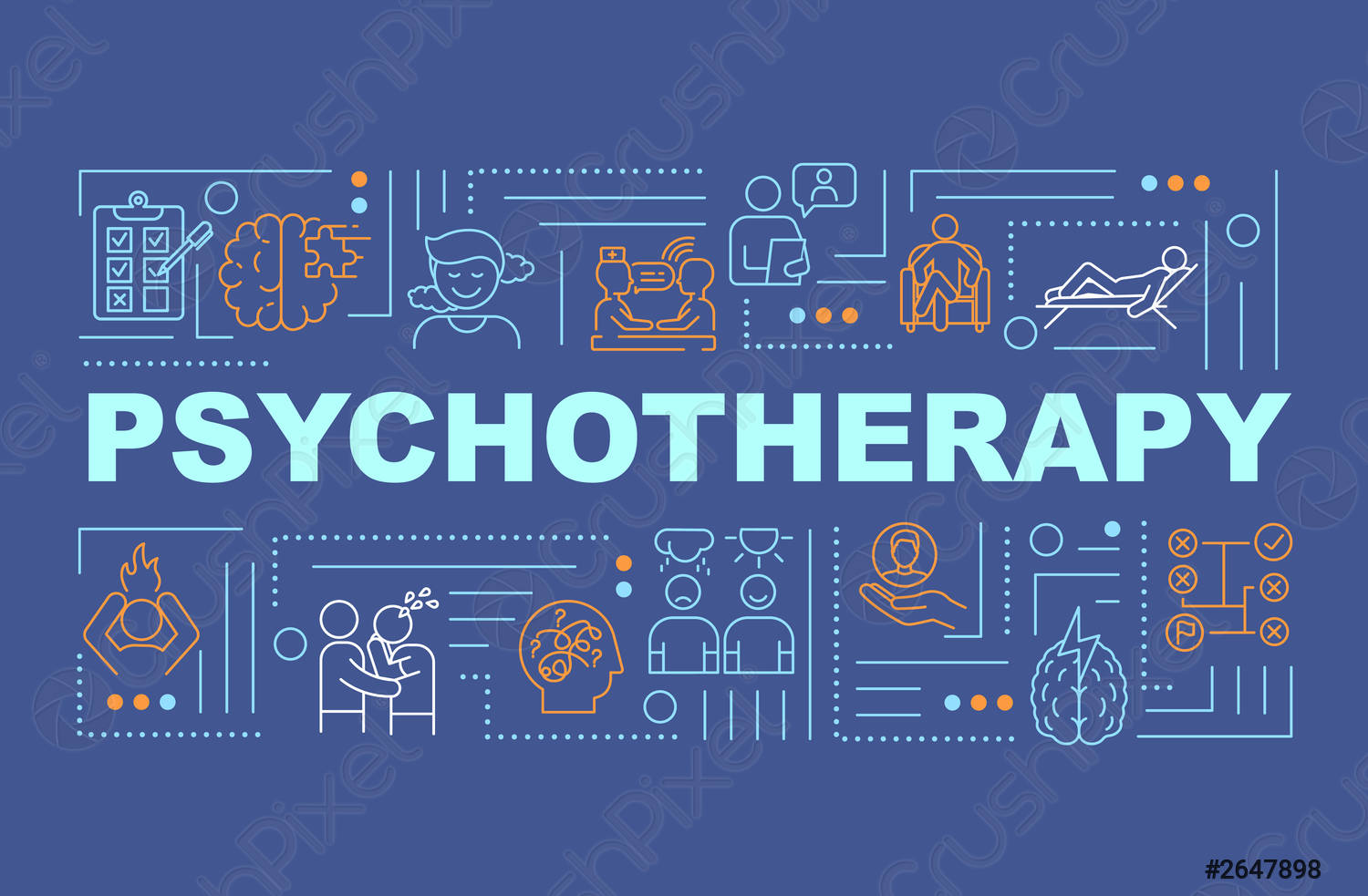
Understanding Depression
Although Everyone possesses a different level of emotional threshold, no one is immune to Depression. Depression is a serious mental health condition that affects millions of people worldwide. It is characterized by persistent feelings of sadness, hopelessness, and a loss of interest in activities once enjoyed. While everyone may feel down from time to time, depression involves more than just temporary mood changes and can significantly impact daily functioning and quality of life.
Mental Health Solutions:
Treating depression often requires a multi-faceted approach that addresses both the biological and psychological aspects of the condition. Mental health interventions may include:
1. Psychotherapy: Cognitive-behavioral therapy (CBT) is a widely recognized form of psychotherapy that helps individuals identify and challenge negative thought patterns and behaviors contributing to depression. By learning new coping strategies and reframing distorted thinking, individuals can regain a sense of control and empowerment over their lives.
2. Medication:In some cases, medication such as antidepressants may be prescribed by a psychiatrist to help alleviate symptoms of depression. These medications work by balancing neurotransmitters in the brain, providing relief from symptoms and improving overall mood.
3. Lifestyle Changes: Incorporating healthy lifestyle habits such as regular exercise, balanced nutrition, stress management techniques, and social support can play a crucial role in managing depression. These lifestyle changes not only improve physical health but also enhance mood and overall well-being.
Counseling Solutions
Our counseling services offer a compassionate and non-judgmental space for individuals struggling with depression. Our licensed therapists provide evidence-based interventions tailored to your unique needs, focusing on:
1. Understanding the underlying causes Through counseling, we aim to help you explore the root causes of your depression, whether they be past traumas, negative thought patterns, or environmental stressors.
2. Teaching practical coping skills:We work with you to develop practical skills and strategies to manage symptoms and improve coping mechanisms, empowering you to navigate through the darkness towards recovery.
3. Exploring healthy emotional expression:Counseling provides a safe space to express emotions and explore healthy ways of processing and managing difficult feelings, fostering resilience and emotional well-being.
4. Providing ongoing support: Recovery from depression is a journey, and our counselors are here to provide ongoing support and encouragement as you navigate the ups and downs of the healing process.
Depression may seem like an insurmountable obstacle. But, remember that recovery is possible with the right support and resources. By seeking help from qualified mental health professionals and engaging in evidence-based counseling interventions, individuals can embark on a journey towards healing, resilience, and hope.




